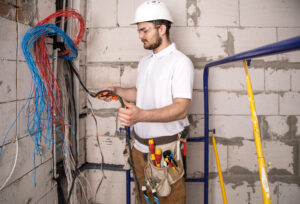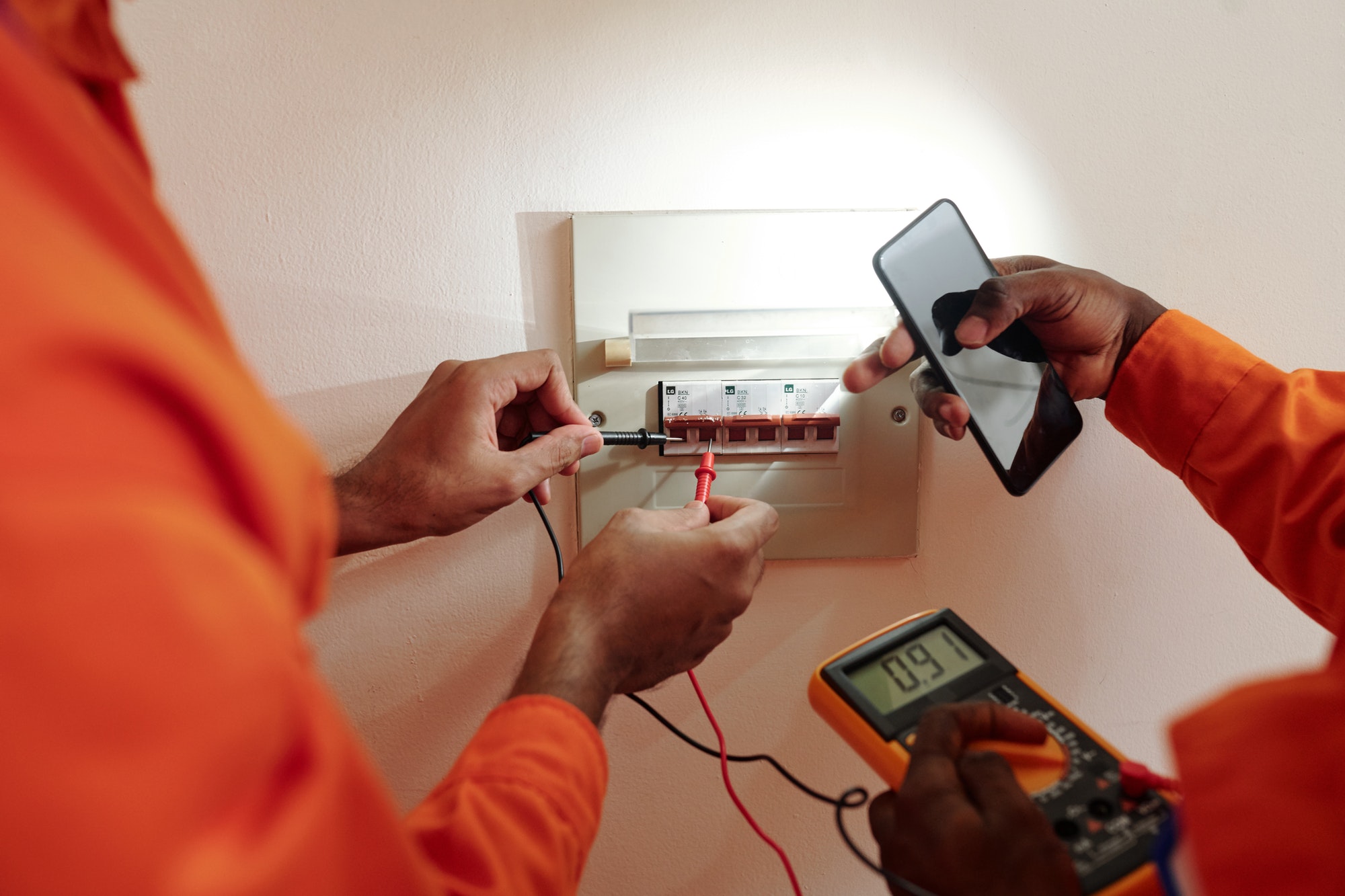Securing your property is a top priority, and selecting the right alarm system is crucial to ensuring the safety of your home or business. With a myriad of options available, it can be challenging to determine which system best suits your needs. This comprehensive guide will help you navigate through the key factors to consider when choosing the right alarm system for your property.
1. Understand Your Security Needs
Before diving into the different types of alarm systems, assess your specific security requirements. Consider factors such as the size of your property, the level of security you desire, and the particular vulnerabilities of your location.
- Property Size: Larger properties may require more extensive systems with multiple sensors and cameras.
- Security Level: Determine whether you need basic security or more advanced features like video surveillance and smart home integration.
- Vulnerable Areas: Identify entry points and areas that are most susceptible to break-ins, such as windows, doors, and garages.
2. Types of Alarm Systems
There are various types of alarm systems, each with its unique features and benefits. Here’s an overview of the most common types:
- Monitored Alarm Systems: These systems are connected to a monitoring center that alerts authorities in case of an alarm trigger. They offer high security but often come with monthly fees.
- Unmonitored Alarm Systems: These systems trigger a loud siren to alert you and your neighbors of a breach. They are cost-effective but rely on you or someone nearby to take action.
- Wireless Alarm Systems: Easy to install and flexible, these systems use wireless sensors and cameras. They are ideal for renters or those looking for a less invasive setup.
- Wired Alarm Systems: These systems are hardwired into your property’s electrical system, offering reliable connectivity but requiring professional installation.
- Smart Alarm Systems: Integrated with smart home devices, these systems can be controlled remotely via a smartphone app and often include features like video surveillance and home automation.
3. Key Features to Look For
When selecting an alarm system, look for essential features that enhance security and convenience:
- Motion Detectors: These sensors detect movement within a specified range and trigger the alarm if unexpected motion is detected.
- Door and Window Sensors: These sensors alert you when doors or windows are opened.
- Cameras: Surveillance cameras provide visual monitoring and can be accessed remotely. Look for high-resolution cameras with night vision capabilities.
- Control Panel: The central hub of the system where you can arm and disarm the alarm, usually located near the main entry point.
- Remote Access: Systems with remote access allow you to control and monitor your alarm system via a smartphone app.
- Backup Power: Ensure the system has a battery backup to keep it operational during power outages.
- Alerts and Notifications: Choose a system that sends real-time alerts and notifications to your phone or email.
4. Professional Installation vs. DIY
Decide whether you want to install the alarm system yourself or hire a professional. Each option has its pros and cons:
- Professional Installation: Ensures the system is set up correctly and integrates seamlessly with your property. It may come with additional costs but provides peace of mind.
- DIY Installation: Offers flexibility and cost savings. Many wireless and smart alarm systems are designed for easy installation, making them suitable for DIY enthusiasts.
5. Budget Considerations
Budget plays a significant role in choosing the right alarm system. Consider the initial cost of the system, installation fees, and any ongoing monitoring or subscription fees.
- Initial Cost: Includes the price of the alarm system and any additional sensors or cameras you may need.
- Installation Fees: Professional installation can add to the initial cost but ensures proper setup.
- Ongoing Fees: Monitored systems typically require monthly fees for the monitoring service. Be sure to factor these into your budget.
6. Research and Reviews
Do thorough research on different alarm system brands and models. Read customer reviews and ratings to get an idea of the system’s reliability and performance.
- Customer Reviews: Look for feedback on the system’s ease of use, reliability, and customer support.
- Expert Reviews: Professional reviews often provide in-depth analysis and comparisons of different systems.
7. Check for Warranties and Support
Ensure the alarm system comes with a warranty and offers reliable customer support. This is crucial in case you encounter any issues with the system.
- Warranty: A good warranty protects your investment and covers defects or malfunctions.
- Customer Support: Choose a brand with responsive and helpful customer support to assist you with any problems or questions.
Conclusion
Choosing the right alarm system for your property involves careful consideration of your security needs, the type of system, key features, installation preferences, budget, and research. By taking these factors into account, you can select an alarm system that provides the best protection for your home or business, giving you peace of mind and enhancing your overall security. Whether you opt for a monitored, wireless, or smart system, prioritizing safety and reliability will ensure you make a wise investment in your property’s security.






